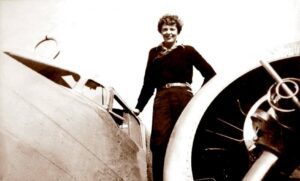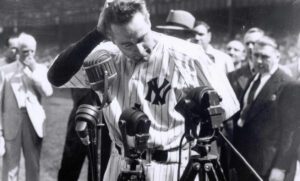The big night for ‘Oppenheimer’ offered hope for traditional cinema.
“Oppenheimer” overwhelmed the competition at the 96th Academy Awards on Sunday, winning seven Oscars, including the one for best picture, and at long last cementing Christopher Nolan’s status as the foremost filmmaker of his generation.
Nolan, 53, a previous five-time nominee for directing or writing but never a winner, was named best director. “Oppenheimer” also won Oscars for actor (Cillian Murphy), supporting actor (Robert Downey Jr.), film editing (Jennifer Lame), cinematography (Hoyte van Hoytema) and score (Ludwig Göransson).
“Movies are just a little bit over 100 years old,” Nolan said in accepting the statuette for directing. “Imagine being there 100 years into painting or theater. We don’t know where this incredible journey is going from here. But to know that you think that I’m a meaningful part of it means the world to me.”
By showering “Oppenheimer” with honors, Hollywood was awarding the film as much for its artistry as for its against-all-odds performance in theaters. In an era when superheroes, paint-by-numbers franchise sequels and movies based on toys have blotted out traditional filmmaking at the box office, “Oppenheimer,” a drama with nearly $1 billion in ticket sales, gave the film elite hope that traditional cinema has not been entirely lost.
“Oppenheimer” marked a shift for the Academy Awards. Call it the revenge of the studio movie. In recent years, Hollywood’s top prize has gone almost exclusively to independent movies like “Everything Everywhere All at Once,” “CODA,” “Parasite” and “Moonlight.” “Oppenheimer,” made by Universal Pictures, is something of a throwback — an expensive film from an old-line studio.




